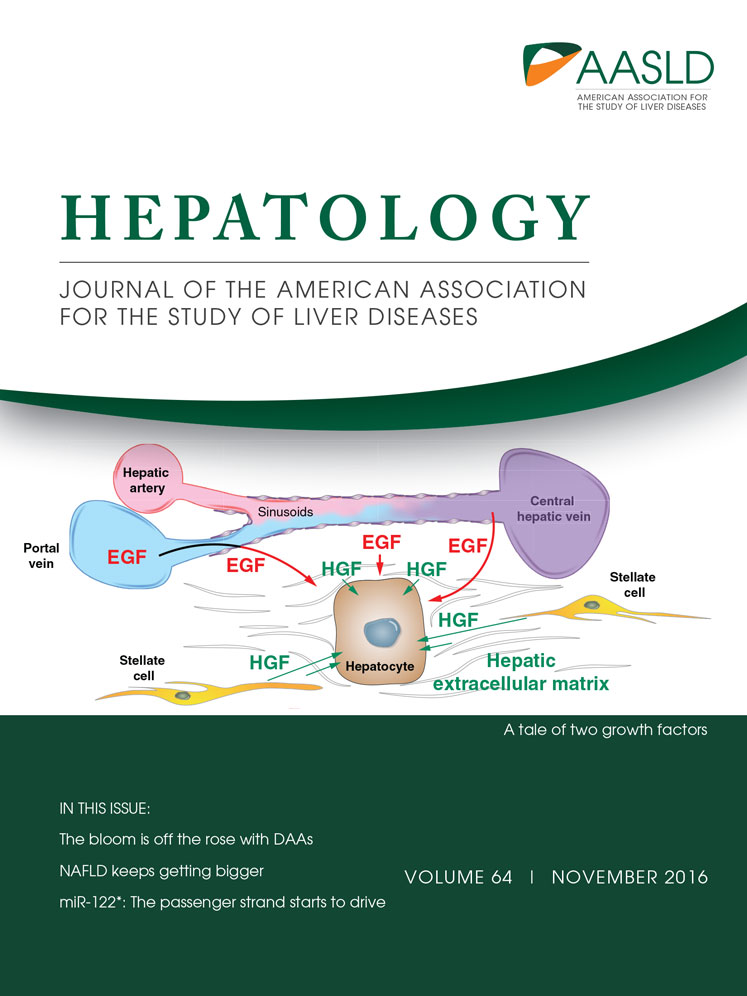Reply
Potential conflict of interest: Nothing to report.
We read with great interest Kalambokis and colleagues' comment on our report on the effect of nonselective β-blockers (NSBBs) on mortality in cirrhotic patients with ascites. They analyzed data from 96 Child-Pugh class B and 75 Child-Pugh class C patients with ascites seen at their liver unit from 2000 to 2012. At inclusion, NSBB treatment was initiated in 56 (58%) patients in the Child-Pugh B group and 45 (60%) patients in the Child-Pugh C group due to varices. In both Child-Pugh groups they found increased cirrhosis-related mortality among NSBB users compared to nonusers.
NSBBs are given to patients with severe portal hypertension,1 and these patients have a higher mortality than patients with lesser portal hypertension.2 Therefore, we would expect NSBB users to have a higher cirrhosis-related mortality than nonusers, but the difference would be due not to the NSBBs but to the indication for using NSBBs (higher risk of variceal bleeding and other complications of cirrhosis associated with portal hypertension). Such “confounding by indication” is ubiquitous in nonrandomized studies of treatments. The study by Kalambokis and colleagues seems not to have been subject to control for confounders (none are mentioned). It does not suffice to state that patients were “similar” whether or not they used NSBBs. Even a small difference in the prevalence of a particular trait (e.g., Model for End-Stage Liver Disease score) between users and nonusers can cause substantial confounding if the same trait is a strong predictor of cirrhosis-related mortality. Uncontrolled confounding is our primary concern with the analysis by Kalambokis and colleagues. Another concern is that the log rank test is not appropriate for comparing cause-specific mortality; it is valid only for all-cause mortality.3
We agree that NSBBs may be detrimental to some cirrhosis patients, and we agree that our study says nothing about long-term use. However, the analysis and overall conclusions by Kalambokis et al. should be interpreted very cautiously due to the lack of confounder control. Only randomized studies can settle the debate. Perhaps it is time to consider a randomized trial of NSBB cessation in those patients clinicians are uncertain what to do with.4
-
Lars Bossen, B.S.1,2
-
Aleksander Krag, M.D., Ph.D.3
-
Hendrik Vilstrup, M.D., D.Sc.1
-
Hugh Watson, Ph.D.4
-
Peter Jepsen, M.D., Ph.D.1,2
-
1Department of Hepatology and Gastroenterology Aarhus University Hospital
-
Aarhus, Denmark
-
2Department of Clinical Epidemiology Aarhus University Hospital
-
Aarhus, Denmark
-
3Department of Gastroenterology and Hepatology Odense University Hospital
-
Odense, Denmark
-
4Sanofi Aventis R&D
-
Paris, France




